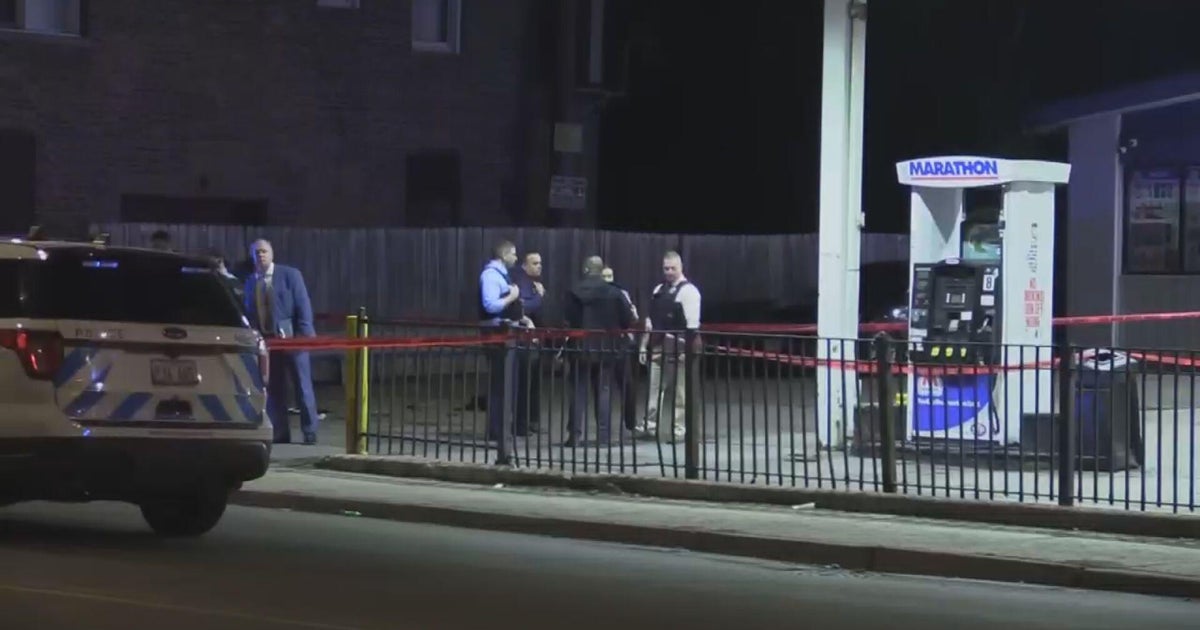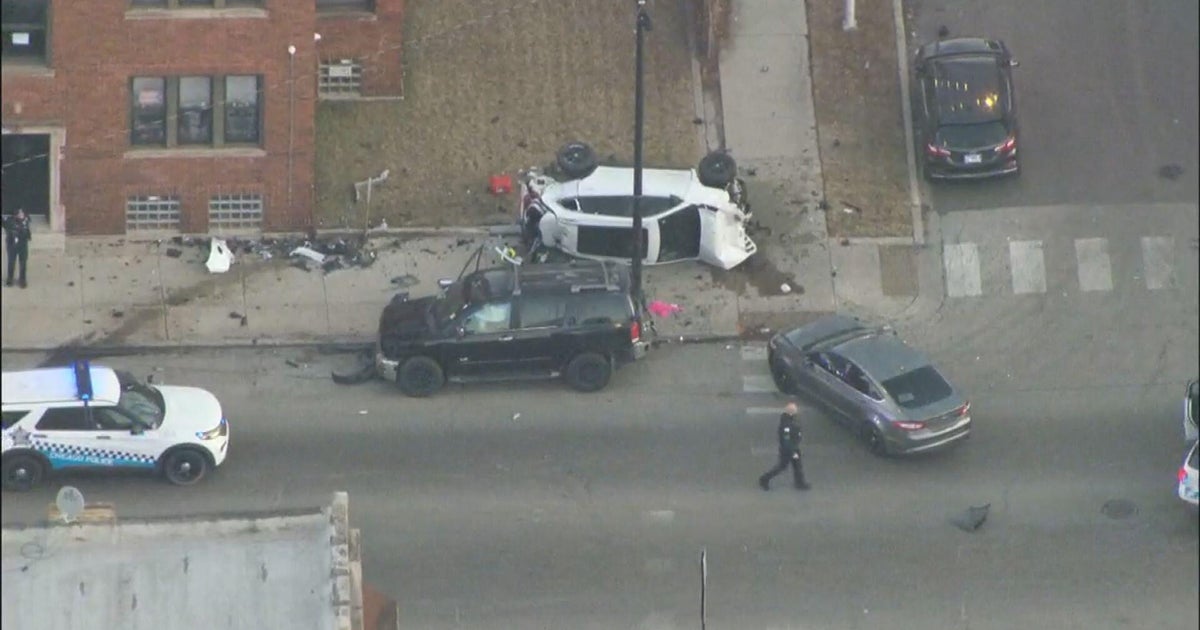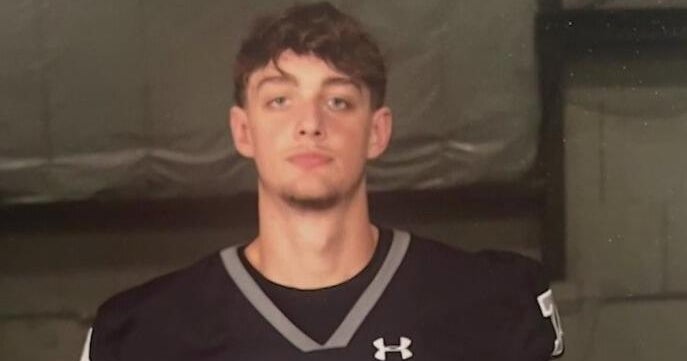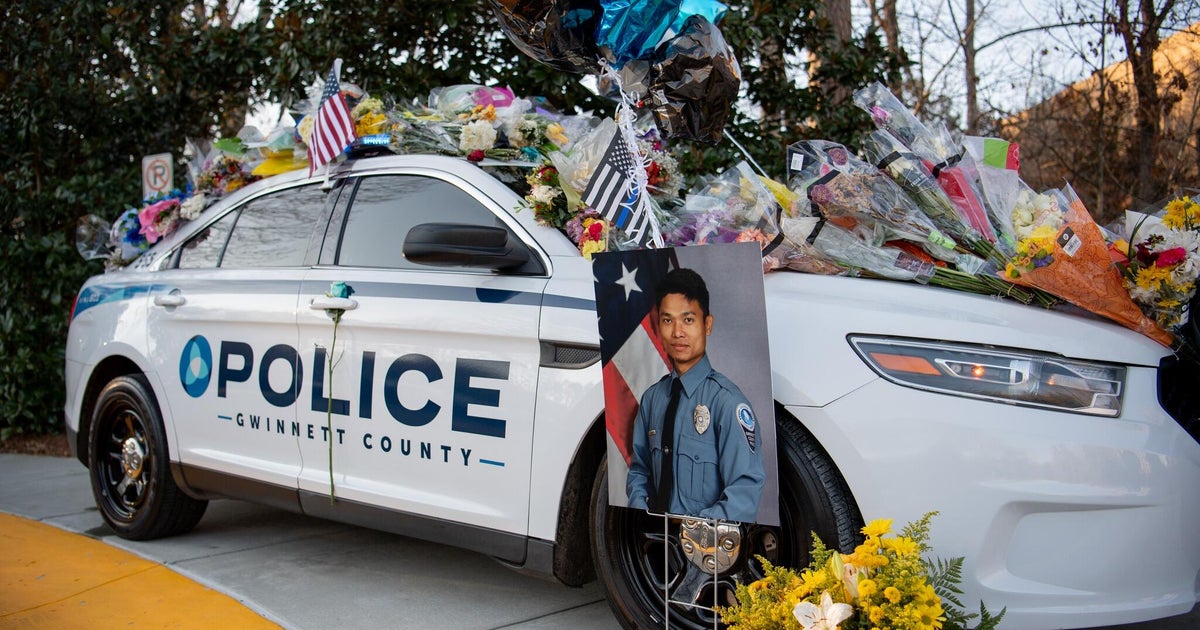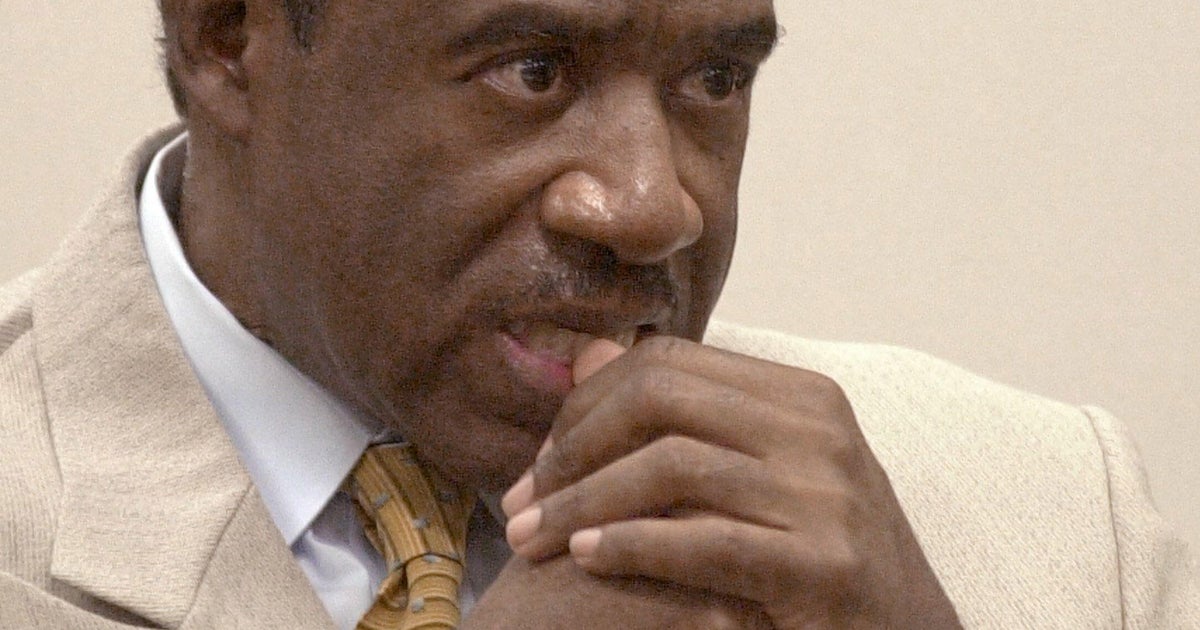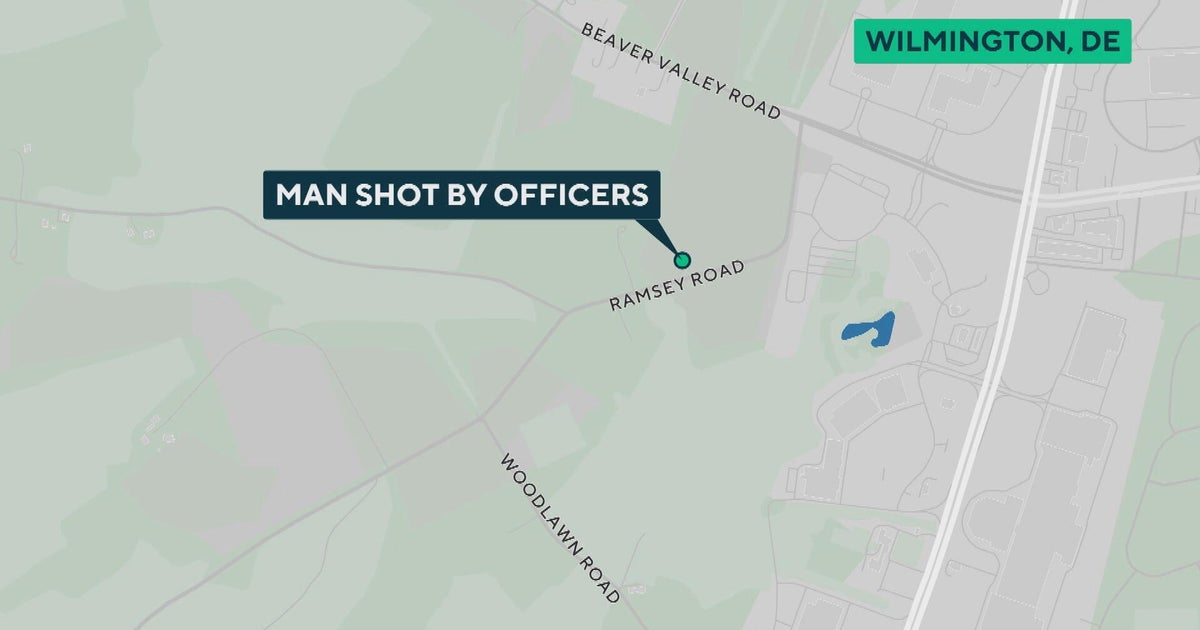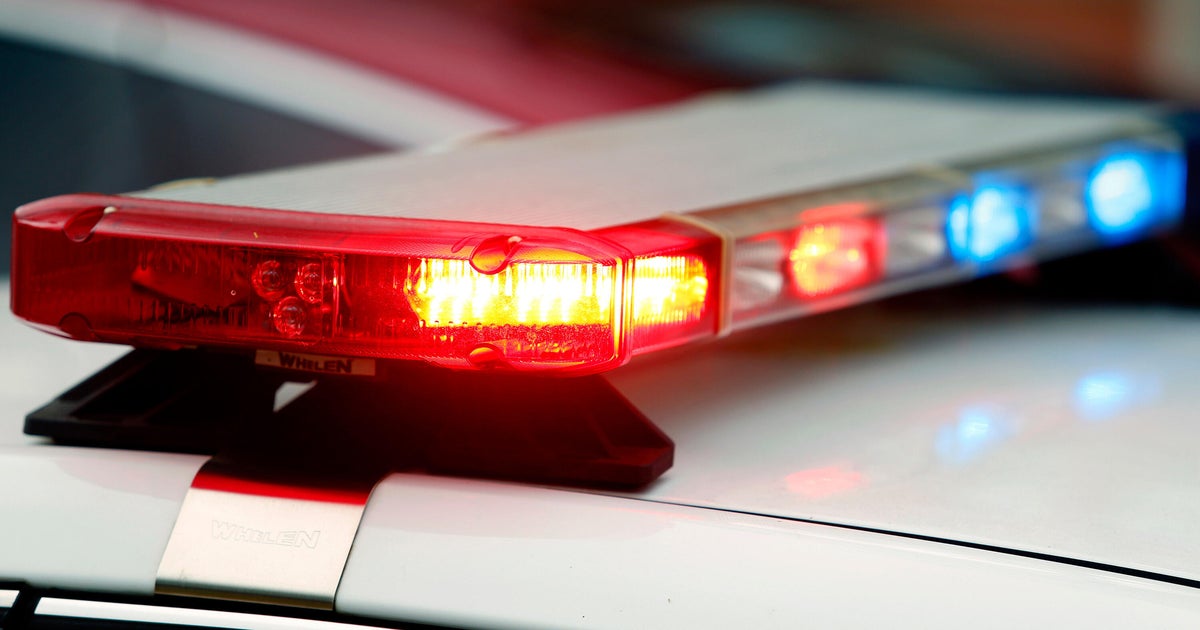Sunday marks 10 years since murder of Laquan McDonald by CPD officer
CHICAGO (CBS) -- Sunday marks 10 years since the murder of 17-year-old Laquan McDonald by former Chicago Police Officer Jason Van Dyke.
The only video that anyone could find capturing the 16 gunshots that killed McDonald at 40th Street and Pulaski Road in the Archer Heights neighborhood was from a dashcam inside a police car.
A University of Chicago professor called for the release of the video in December 2014.
In April 2015, the city of Chicago reached a five million dollar settlement with McDonald's family, and that month, the U.S. Attorney's Office confirmed it was investigating McDonald's death.
The court-ordered release of dashcam video showing Van Dyke shooting McDonald 16 times proved to be a turning point in the McDonald case. It caused shock waves that reverberated from City Hall, where a police superintendent would be fired, to the ouster of a state's attorney criticized for her handling of the case, to countless protests evoking McDonald's name for a call to justice.
It wasn't until August 2015 that journalist Brandon Smith sued to get the dashcam video released. In November 2015, a Cook County judge ordered the release of the dashcam video, which touched off protests throughout the city. Later that month, Van Dyke was charged with first-degree murder for shooting Laquan McDonald.
Van Dyke was convicted of second-degree murder in 2018, and served a little more than three years in prison.
McDonald's murder led to a Department of Justice investigation and mandated police reforms—including body cameras on every patrol officer citywide.
In a statement Sunday, Chicago Mayor Brandon Johnson said:
Ten years ago, we grieved with the McDonald family as Chicago learned of the tragic loss of their son, brother and friend, Laquan. Laquan McDonald deserved better from the City of Chicago, and we are still fighting for equitable community safety ten years after his tragic death.
In the last decade, Chicago has created a new ecosystem of police accountability with the Civilian Office of Police Accountability, formed to ensure that allegations of police misconduct are independently and fairly investigated. The City has committed to releasing footage from officer-involved shootings and other serious incidents within 60 days, and driven by the passion and commitment of advocates and residents, established the Community Commission for Public Safety and Accountability to strengthen police accountability and build mutual trust between police officers and residents.
The City of Chicago also entered into a Consent Decree, a court order mandating reforms to ensure that the Chicago Police Department performs constitutional and effective policing that keeps both community members and officers safe, and restores community trust in the police. The City is committed to prioritizing the investments necessary to expeditiously reach full compliance with the Consent Decree.
The death of Laquan McDonald was one of the darkest moments in our city's history, but out of that tragedy came transformation that is moving us forward. We continue to keep the McDonald family in our hearts, remain inspired by their resilience and courage, and continue our work on the bold reforms needed to achieve a better, stronger, safer Chicago.
